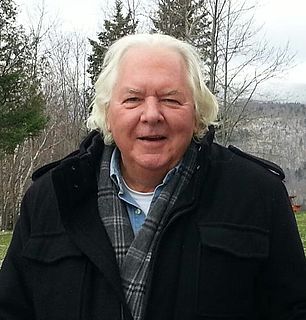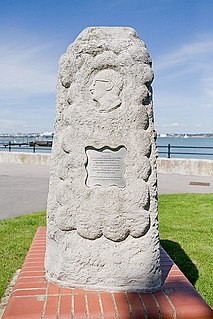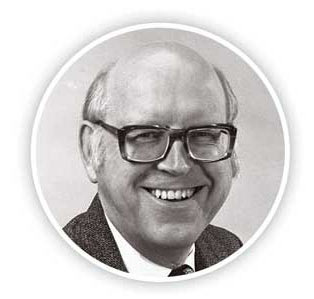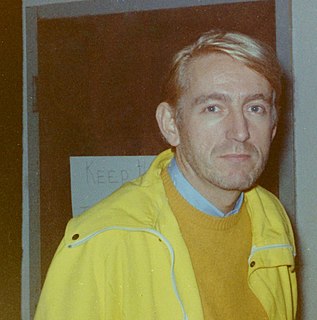A Quote by Helen Hayes
We may be living in the twentieth century, in resplendent sophistication. But deep down, most of us find ourselves still in the Stone Age of superstition.
Related Quotes
Film is more than the twentieth-century art. It's another part of the twentieth-century mind. It's the world seen from inside. We've come to a certain point in the history of film. If a thing can be filmed, the film is implied in the thing itself. This is where we are. The twentieth century is on film. You have to ask yourself if there's anything about us more important than the fact that we're constantly on film, constantly watching ourselves.
Given that the nineteenth century was the century of Socialism, of Liberalism, and of Democracy, it does not necessarily follow that the twentieth century must also be a century of Socialism, Liberalism and Democracy: political doctrines pass, but humanity remains, and it may rather be expected that this will be a century of authority ... a century of Fascism. For if the nineteenth century was a century of individualism it may be expected that this will be the century of collectivism and hence the century of the State.
I consider Otto Rank to be one of the great spiritual giants of the twentieth century, a genius as a psychologist and a saint as a human being. Though vilified by his original community of Freudians, he never became bitter. He died a feminist and deeply committed to social justice, in 1939....His deep understanding of creativity makes him a mentor for all of us living in a postmodern world....I believe that Art and Artist, especially chapters 12 to 14, may well emerge as the most valuable psychoanalysis of the spiritual life in our time.
From the moment of birth, when the Stone-Age baby confronts the twentieth-century mother, the baby is subjected to these forces of violence called love, as its father and mother and their parents and their parents before them, have been. These forces are mainly concerned with destroying most of its potential.
The struggle inside the cocoon between the defenders of the worm state and the agents of winged possibility is one that I was still living, one that many of us surely experience in times of spiritual emergence. We may find ourselves pounded into mush, hanging upside down from whatever we can cling to — and yet have the possibility and destiny of becoming much, much more.
It has been a long road from Plato's Meno to the present, but it is perhaps encouraging that most of the progress along that road has been made since the turn of the twentieth century, and a large fraction of it since the midpoint of the century. Thought was still wholly intangible and ineffable until modern formal logic interpreted it as the manipulation of formal tokens. And it seemed still to inhabit mainly the heaven of Platonic ideals, or the equally obscure spaces of the human mind, until computers taught us how symbols could be processed by machines.




































